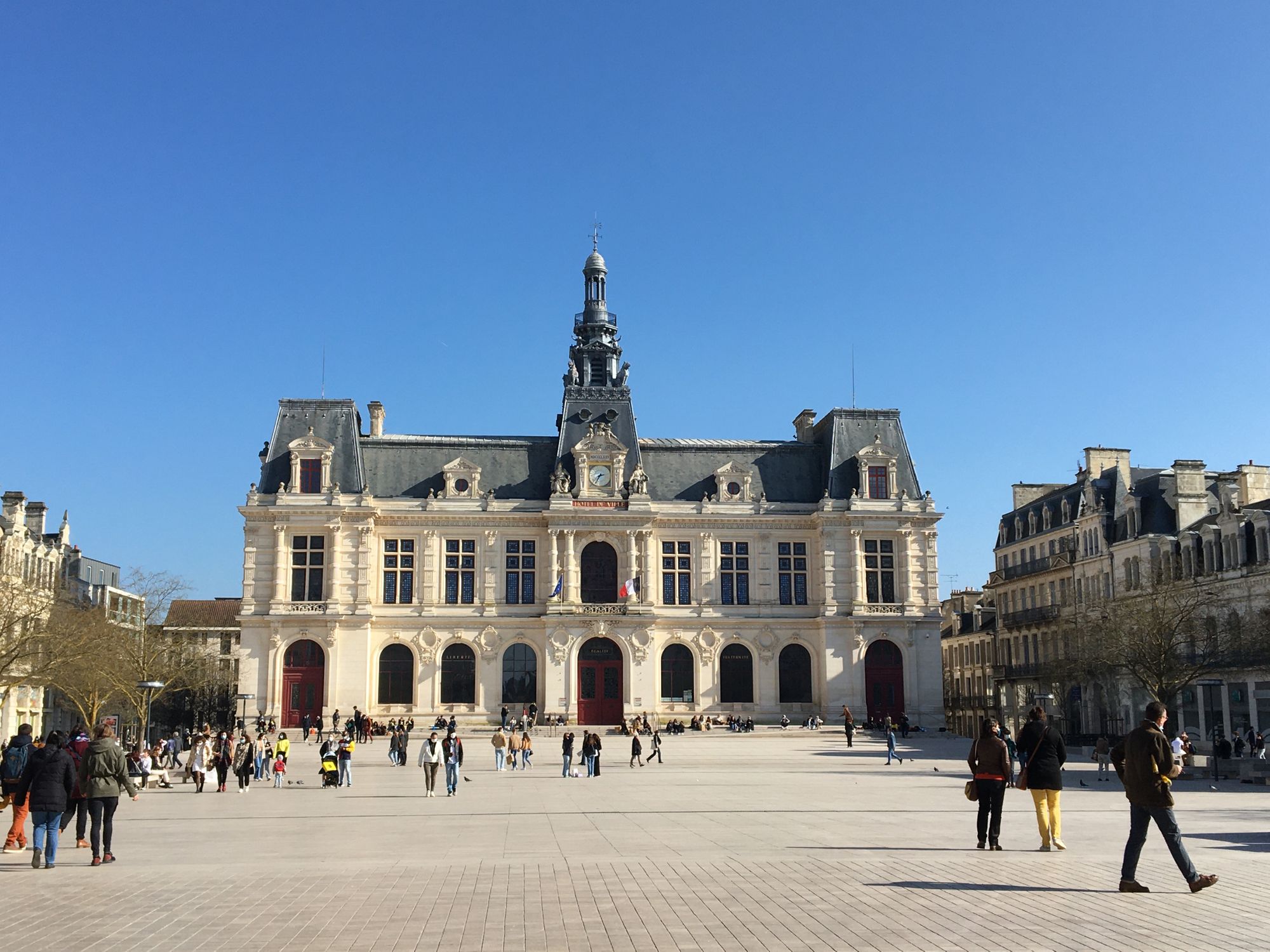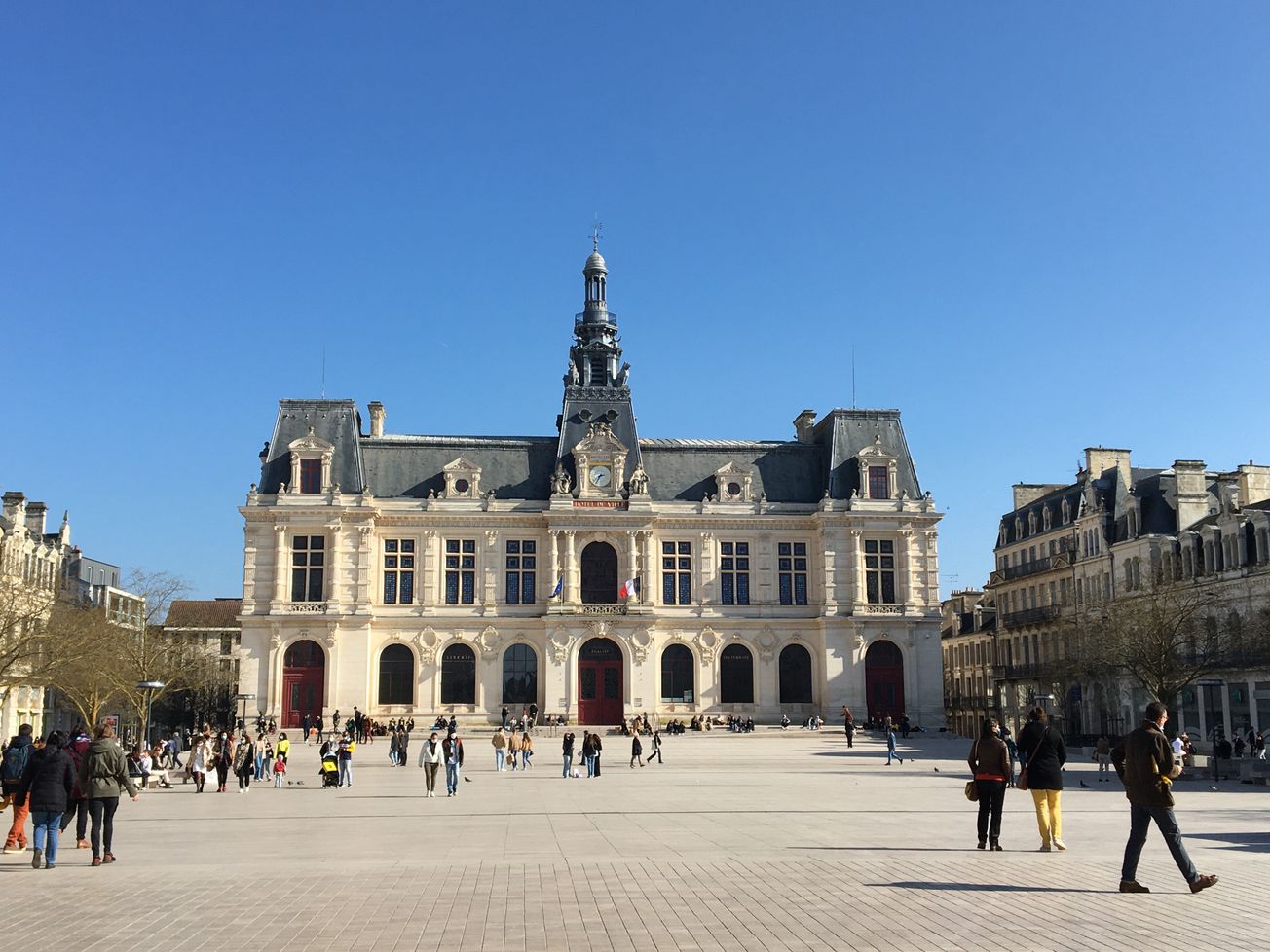By Xander Brett, Third Year, History of Art and French
The Croft Magazine // In this week's Letter from Paris, Xander Brett muses the Michelin Guide, French cuisine and the enduring French nobility.
16th May, 2021
You can’t escape that age-old argument. Which cuisine is better: French or Italian? Italians may focus on locality and seasonality, but the French invented fine dining. I’ve just been reading Sacré Cordon Bleu by Michael Booth. He moved to Paris to study at the Cordon Bleu for a year, dismissing the institution’s image as a Gap Year summer school. He found a rigorous training ground to secure the next generation of French chefs. When pupils graduate, they fight for Michelin stars.
The Michelin Guide defined the way we approach fine dining. The system started in 1926, incorporated into Michelin road maps. Ten years later, the criteria were published:
1 star: A very good restaurant
2 stars: Worth a detour
3 stars: Worth a special journey
There’ve been mistakes. Most notably in 2017, when a worker’s café in Bourges was awarded a star, after being confused with an upmarket restaurant near Paris. But the guide is generally rigorous. The legendary Paul Bocuse, founder of nouvelle cuisine, said Michelin is ‘the only guide that counts’. Every year, indeed, there’s a media frenzy when results are published. There’s discussion on who’ll win and lose stars, and who’ll get a ‘rising star’ for up-and-coming talent. The guide went international in the 1970s, and Tokyo has now overtaken Paris as the city with the most stars. So, is Paris’ position as capital of cuisine under threat? I don’t think so. The importance of mealtimes, the attention to detail, and the quality of food from canteens to cafés and restaurants stand as proof.

Food remains a central pillar of France’s image, but what of its European image? The French identity is intrinsically European. Children learn the French and European anthems in school, both flags hang from public buildings, and there are portraits of both presidents across the country. Nevertheless, France’s entry to Europe wasn’t all plain sailing. They’re miffed French isn’t the sole language of Europe and in 2005 French voters rejected by 55 per cent the European Constitution. Now, with Marine Le Pen on the rise, President Macron has been urged to return his European credentials or face a ‘Frexit’. That’s an exaggeration, but it’s a reminder that European infatuation could well be waning.
We all know the fate, perhaps not of Macron, but of France’s kings and queens. With the snap of the guillotine in 1789 went the privileges of peers and the rich. But in Germany, a republic for just over a hundred years, schloß still dot the countryside. And in France, the large families are still here too. Most inhabit ramshackle châteaux, suffering the same restoration issues as our aristocracy’s castles. They’re happy, usually, to tuck themselves out of sight. But in the eighth arrondissement of Paris, there’s an organisation for nobles feeling hard done by. The Association d’entraide de la noblesse française was founded by two noblemen who bumped into one of their own in the Gare du Nord, reduced to carrying suitcases as a porter. Its members have no legal status, but you must address them as dukes and duchesses. It means that, in effect, two hundred years after the Revolution, French nobility lives on through a passion for history.
Featured Image: Epigram / Xander Brett
Listen to Xander's weekly Burst Radio podcast 'Letters from Paris'.









